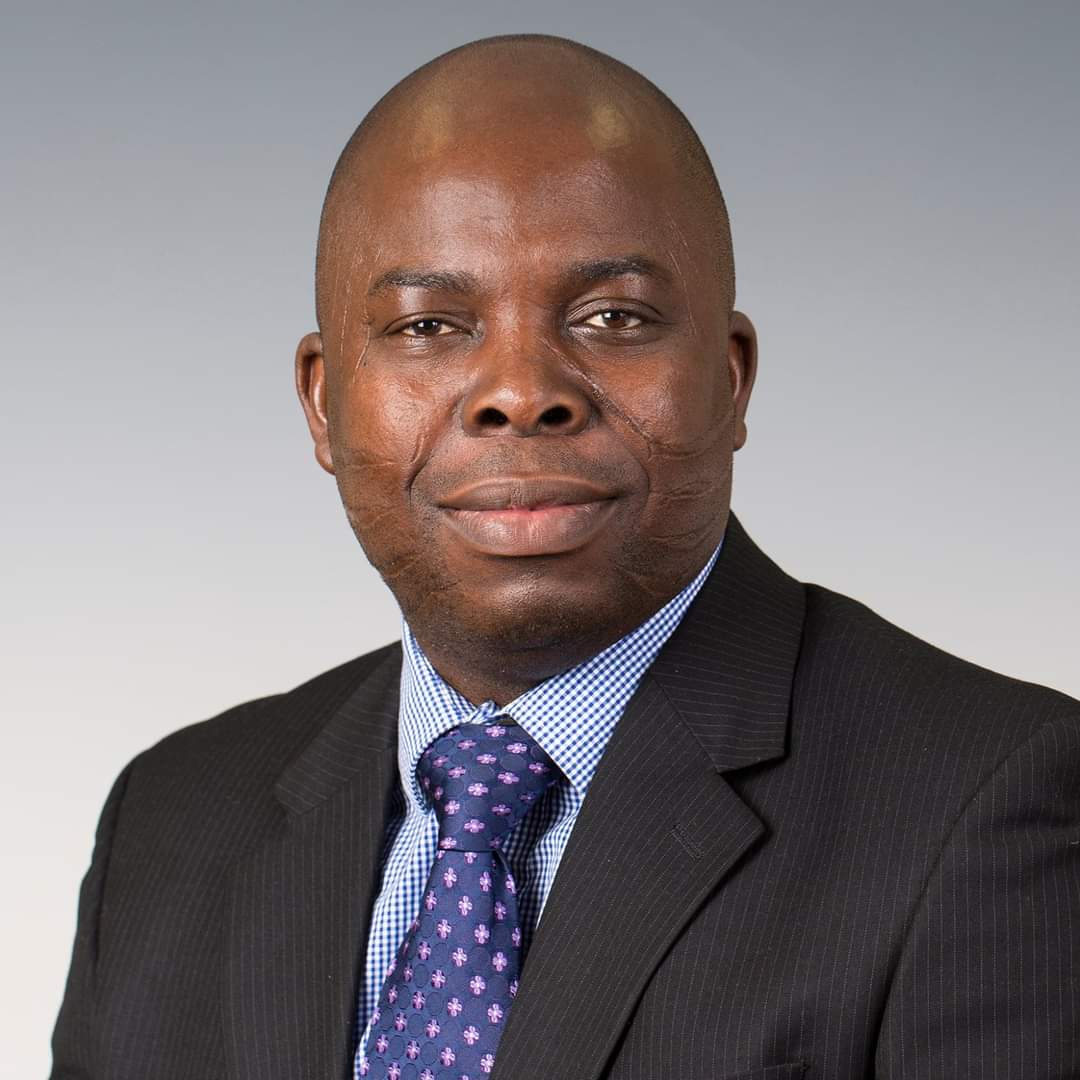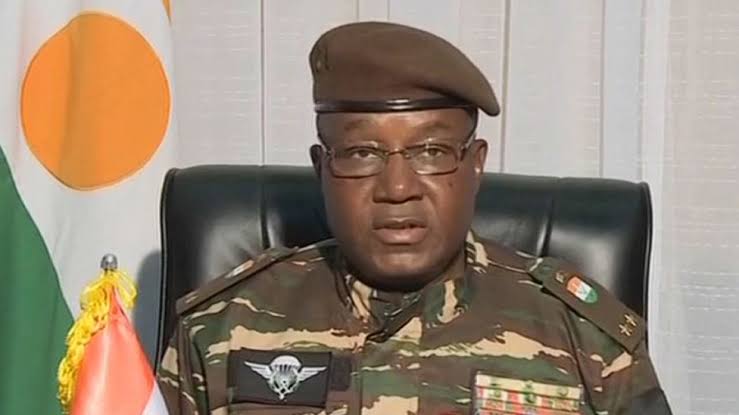WASHINGTON EXAMINER
We should welcome the efforts by the Economic Community of West African States to take the lead in resolving the crisis in Niger. It is positive that the political bloc is taking ownership of the region’s political and economic future.
The crisis in Niger began when the country’s military seized power from President Mohamed Bazoum’s democratically elected government on July 26. Led by Gen. Abdourahamane Tchiani, the junta has subsequently refused to engage in serious negotiations toward the restoration of Niger’s democracy. This underlines international concerns that Tchiani’s claims he is defending Niger’s sovereignty and people are simply an excuse for a naked power grab.
ECOWAS has now authorized the establishment of a military “standby force” to restore Bazoum to power by force, if necessary. The coup follows a number of other successful dislocations of democratic governments in the region over the past few years. This has led to increasing tensions between ECOWAS’s democratic governments and other military juntas aligned with that of Niger. Burkina Faso, Guinea, and Mali have all pledged their support to Niger if ECOWAS launches military action to restore Bazoum, for example.
The Biden administration is rightly supporting ECOWAS. Along with France, the U.S. military has a base in Niger from which it conducts counterterrorism operations against jihadists in the region. These jihadists include the Islamic State and al Qaeda-linked groups plotting attacks against Western interests. The United States also fears the influence of Russia in destabilizing African democracies. Russia’s Wagner Group mercenary force exerts particular influence in this regard, leveraging its military power in return for lucrative mineral mining rights and other commercial interests.
These concerns notwithstanding, it is important that ECOWAS rather than the West takes the lead here.
The bitter legacy of French colonialism in West Africa makes it politically risky for Paris to play a leading role in any military action to restore democracy. And while it is in America’s interest that stable, friendly democracies set West Africa’s political trajectory, this crisis offers an important example of accepting the necessary limits of U.S. power. The lesson of the last 20 years of U.S. military interventions is that the high costs and complexity of such actions are often matched only by the inability of these interventions to resolve deeper political sectarian tensions. The U.S. cannot and should not be the military guarantor of democracies everywhere and always. And it is neither preferable nor profitable to consider otherwise.
That doesn’t mean the U.S. should be idle in the face of coups such as that in Niger. On the contrary, economic levers such as the suspension of aid and the introduction of sanctions are important ways for the U.S. to exert influence against autocrats such as Tchiani. Taken alongside allies, these actions can clarify for anti-democratic forces that the prospective costs of their actions will be outweighed by the costs they incur. Nor should this mean that the U.S. refuse to provide any support to ECOWAS if and when the alliance launches a military operation to restore Niger’s democracy. The U.S. can and should provide intelligence support to that effort. President Joe Biden should also make clear to Niger’s junta that any attack on U.S. interests will meet swift and decisive reprisals.



